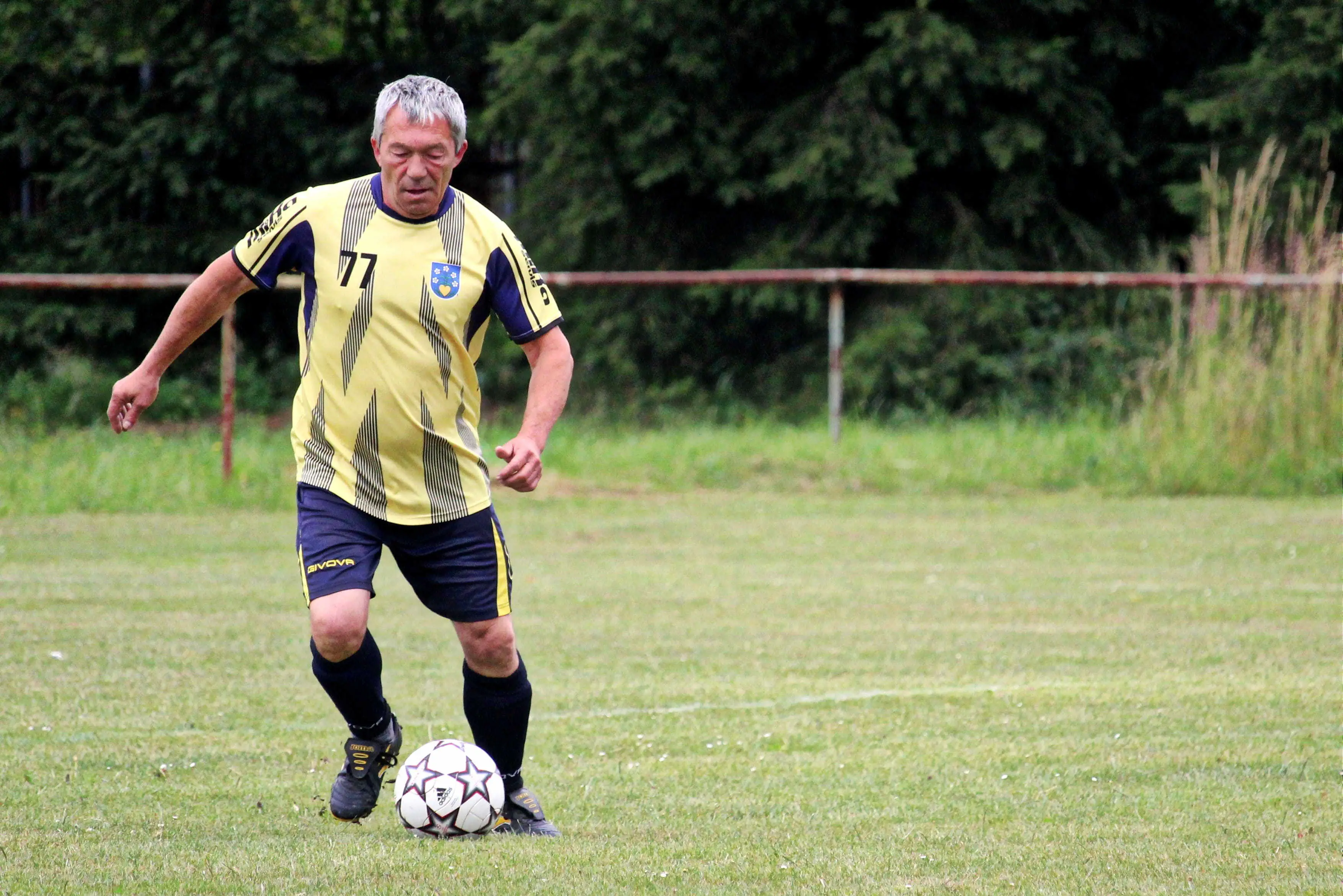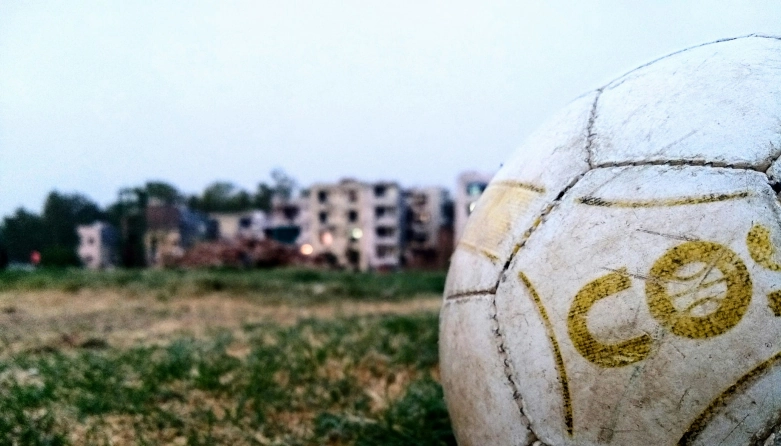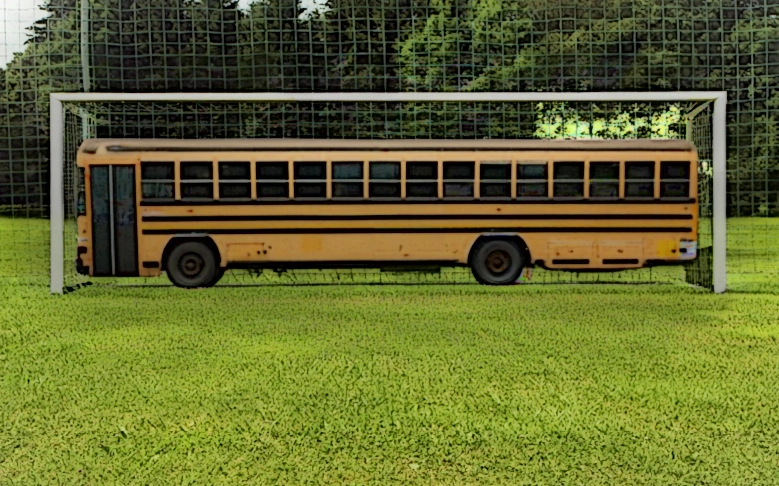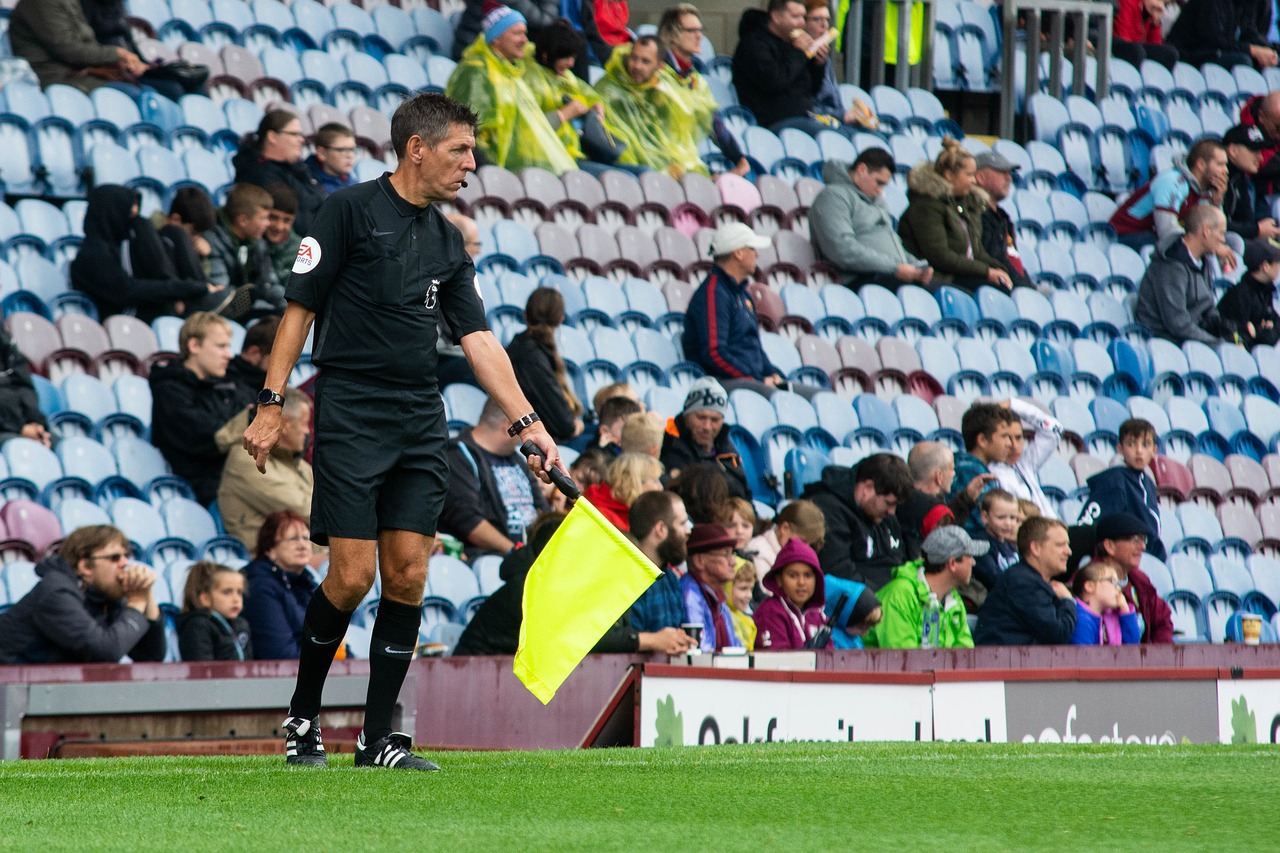Are you too old to play football? - Playing football beyond 30s

It is often said that you are as old as you feel. But is it true? When are you too old to play football? Some may answer when you stop breathing. But, let’s be realistic; you will have to hang your boots at some point. This post discusses how you can play beyond your 30s and what to do when you finally have to “retire”.
No matter what you do, you can’t stop your body clock. In addition, as you grow older, you have more responsibilities and commitments that reduce your game time. Do you remember when you were a kid and virtually spent every possible hour kicking a ball? Are you able to do that now? Not playing often impacts your fitness and, to some extent, your football skills. You can’t compete against young adults with younger bodies and next to zero responsibilities.
I’m approaching my mid-40s. I’ve long realised that I can’t play in open age competitions. Even if I lost a few excess kilos and had a personal trainer helping me be in top shape, I wouldn’t be able to keep up with players in their 20s and early 30s.
Studies show that field football players peak in their mid-20s, while goalkeepers peak in their 30s and have longer careers. I recommend reading a fascinating article published by the Tottenham Hotspur community on this topic: The Football Aging Curve. The authors collected data from the English Premiership and studied the number of minutes and shots taken by age. They concluded that attacking players peak between 25 to 26, while across all positions, the range is 24 to 28. These studies look into professional players, but their conclusions can be extrapolated to amateur football.
Do these studies imply that once you get to 30 you should consider hanging your boots? Not at all. You only need to be realistic and make a few changes to continue having fun with the beautiful game.
Benefits of playing soccer for middle-aged and older adults
A research published by “BMJ open sport & exercise medicine” states:
Recreational soccer should be considered an alternative exercise modality for untrained, healthy or unhealthy middle-aged and older adults of both sexes to maintain an active lifestyle and mitigate a wide array of physical and physiological age-related changes.
Luo H, Newton RU, Ma’ayah F, Galvão DA, Taaffe DR. Recreational soccer as sport medicine for middle-aged and older adults: a systematic review.
In summary, health specialists recommend playing football at an older age. So, next time your wife or kids tell you that you are too old to play football, you can answer: “The doctor told me to” 🙂
Jokes aside, playing football has many benefits:
- Improved cardiovascular health
- Better bone density
- Improved mental health
You may argue that you can achieve the same benefits if you practise other sports such as running. That is far from the truth. Football has proven to provide a more balanced increase in strength, muscular mass and balance than running. Researchers speculate that the varied activity patterns are more stimulating than simply jogging or running at a steady pace. Belonging to a football team also has health benefits, such as the sense of belonging to a group. Above all, football players have fun!
Common injuries
Science has proven that you are never too old to play football. However, it won’t come as a surprise that the risk of injuries increases as you get old, regardless of the sport you practice. In the case of football, the most common injuries as you get older are:
- ankle sprains
- knee ligament injuries
- hamstring strains
- knees and ankles osteoarthritis
A common problem among older players, particularly men that have played since childhood, is that they are too accustomed to injuries and therefore self-prescribe treatment. Be smart, and consult a specialist for a thorough diagnosis to avoid long term injuries.
Instead of overexerting yourself, you must adjust your physical activity to your age and build up to your desired workout intensity. Please don’t overdo it. For example, if you feel discomfort during a game, please stop and sit on the sideline. Studies show that at age 45, the overall recovery rate is about 15% slower than a 30-year-old person with similar injuries. The recovery rate declines even further with age.
In summary, adjust your time in the field and consult your doctor if you get injured.
Tips to continue playing as long as possible.
The first thing you need to do is to accept reality. No matter how hard you try, you will find it increasingly difficult to play at the same intensity as young players. It is pointless, and you won’t have fun anymore. Once you acknowledge your age, then you can take action with a bit of common sense:
-
Look after your body Ideally, you looked after yourself as a young player. The transition won’t be that hard in this case. If you had a balanced diet and a training routine as a young adult, keep it up and adjust it to your age. It is easy to do if you are a professional or semi-professional player. However, if you are a weekend warrior, you will have to lift your game. Not an easy task if you are not accustomed to it. At the very least, you will need to warm up before playing. This will reduce the risk of muscle-related injuries. Have a look at this post for a simple routine that you can follow before every game.
-
Adapt your game to your age Even if you take care of your body, your speed and stamina will decrease with age. Fortunately, experience means that you can read games better than when you were younger and therefore position yourself in the right place at the right moment. For example, if you played as a defensive midfielder (CDM), you may want to start playing as a centre back (CB). While all positions require a certain level of fitness, the defensive midfield position is notorious for the levels of stamina needed. On the other hand, centre backs do not require running much, but positioning is critical. There are many examples in the professional world of this. Lothar Matthäus played many years as a box to box midfielder, but as he got older, he played sweeper. Cristiano Ronaldo started his career as a winger and has progressively moved to a “true” striker position.
-
Join a masters competition When taking care of your body and moving positions is no longer enough, you must consider joining a competition appropriate to your age. There are more and more masters competitions for different age groups. Nowadays, depending on the place you live, you can play over 35 tournaments, over 40, over 45, etc. You can even play walking football! However, at some point, you will face similar issues as when you play open grade in your late 30s. For example, if you are in your mid-40s, players in their mid-30s will be faster and stronger than you. Therefore, as you grow older, you will need to move to the next masters category.
-
Play a different format of the game If playing 11 aside becomes too hard on you, try playing futsal, 5-a-side or 7-a-side. Many of us learned the sport by playing these formats anyways. The advantage of these formats is that the pitch is small, reducing the need for speed and stamina. Keep in mind that if you carry injuries in your knees, ankles or back, you may not be able to play these formats either. Also, if you play these formats with players in their 20s, you will still struggle. Make sure you play with mixed teams that have players of all ages. And remember, you still have walking football 🙂
-
Have fun Above all, have fun. There is no point in turning to every match only to feel miserable. You also don’t need to play in a formal competition to have fun. Instead, grab your older friends and their children and have a kickaround. I’ve been playing both competitive and social football for years. Although I’m a very competitive person, I sometimes enjoy more kickarounds than formal games.
When everything else fails
There will be a point when you have to retire because you have a serious injury or other health issues that you can’t control. However, if you love the game, there are different ways to remain involved in the beautiful game. You may no longer be able to take advantage of the physiological benefits of football, but you can still keep the mental health and social aspects alive.
Do you like leading people or teaching? Maybe you like working with children. Then, you may want to consider becoming a coach. While professional coaches have to complete qualifications like for other professions, you don’t need qualifications to coach an amateur group in your local club or school.
Maybe you are a reserved person and prefer collaborating rather than leading. Then, volunteering in your local club may be an option. Football clubs and other sports organisations always need a helping hand. They need to raise funds, run the kitchen, run the bar, build a shed, etc.
However, if you just want to move your body and have a bit of fresh air while keeping the playful and social aspects of sports. You may want to consider other sports such as golf. However, keep in mind that some of these sports may not be good if you have a chronic injury. For example, if you suffer from severe back pains, golf may not be your sport. If in doubt, always consult with your doctor.
A bit of inspiration to finish
Hopefully, the paragraphs above convinced you to keep playing the beautiful game. But, if you have a severe injury or are 60 or more, remember, you still have walking football!
Ok, the examples below are retired professional players. However, it is still inspiring to see them playing long after retiring. Some of them keep in shape until the end of their days, others… Do you remember Ronaldo The Phenomenon?



